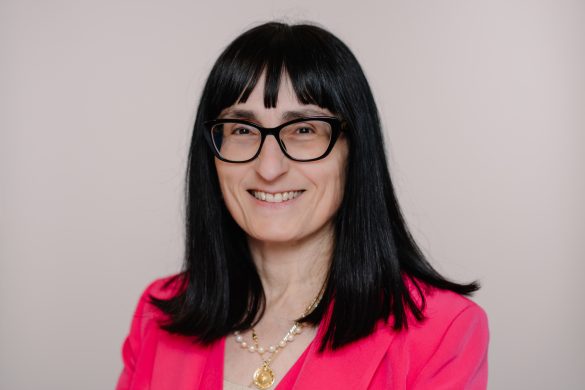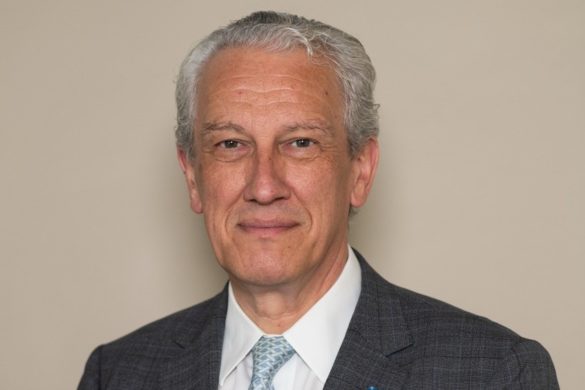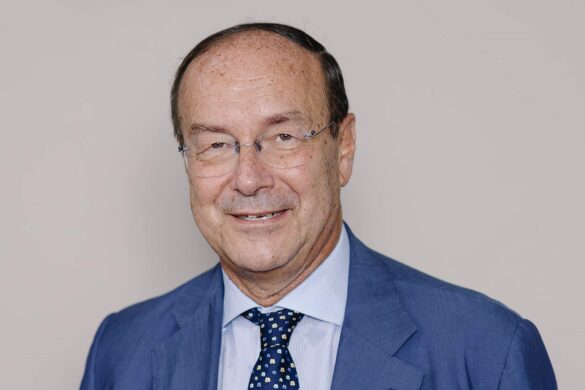Kazakhstan, officially the Republic of Kazakhstan (Kazakh: Қазақстан Республикасы), is located at the center of the Eurasia continent. On the north and west sides, Kazakhstan shares borders with Russia, on the east with China, and on the south with Kyrgyzstan, Uzbekistan, and Turkmenistan. Kazakhstan is a huge country, being at the 9th place in the world for its size.
The Republic of Kazakhstan is a unitary state with a presidential system. Under the Constitution, Kazakhstan is a democratic, legal, and social state which recognizes human life, rights and freedoms as the supreme values of the country. Kazakhstan gained its independence in December 1991. Astana is the capital city of the country, with the Kazakh as the official language. However, Russian language is used for interethnic communication.
Kazakhstan is the largest land-locked country in the world. Most part of the country accounts for the deserts (44%), and semi-deserts (14%). Steppes occupy 26% of Kazakhstan’s territory, while forests only the 5.5%. The Northeastern part of the Caspian Sea is a part of the country, whereas the Aral Sea is shared with Uzbekistan. There are 8,500 rivers, and about 48,000 lakes. The long distance from the oceans determines the continental climate of the country.
Kazakhstan has important oil and gas resources, and holds the 9th place in the world in proven oil reserves, most of which located in the western regions. In addition, uranium and coal deposits are the 2nd and the 8th largest in the world, respectively.
The population of Kazakhstan exceeds 17 million people. Currently, the country is home to 130 different ethnic groups, and has a successfully functioning Advisory Board on harmonization of interethnic relations – the Assembly of the People of Kazakhstan. The Congresses of Leaders of World and Traditional Religions are held regularly in Astana.
Astana is the northernmost capital city in Asia. At present, the territory of Astana makes up more than 722 Km2, populated by nearly 853,000 people. The main symbol and brand of Astana is the Bayterek monument. Astana offers several attractions. Among other unique buildings there are the Palace of Peace and Accord, designed by a renowned British architect Norman Foster, the Khan Shatyr shopping mall, built in the shape of a tent, and the Duman oceanarium, the only aquarium over the world situated over than 3,000 km away from the ocean. There are also the Astana Opera Theatre, the largest Central Asian mosque Hazret Sultan, the Cathedral of the Assumption, Roman Catholic Cathedral of the Archdiocese of the Blessed Virgin Mary, the synagogue Bate Rachel – Habad Lubavitch, as well as the Kazakhstan Central Concert Hall, the Kazakh Eli monument, the Museum of Modern Art, and the Presidential Cultural Center. For its unique location, in the heart of Eurasia, Astana is currently a venue for numerous international forums, congresses, and large scale international events. In 2017, Astana will host the international specialized exhibition EXPO-2017.
Almaty, the Kazakhstan’s southern capital, is a city of a half million inhabitants, and the administrative, economic, and cultural center of the country. Surrounded by snow-capped mountains Ile Alatau, it captivates with its unique mountain landscape. The outdoor speed skating and bandy rink Medeu is a well-known attraction, because of its exceptional natural and unique engineering and architectural design.
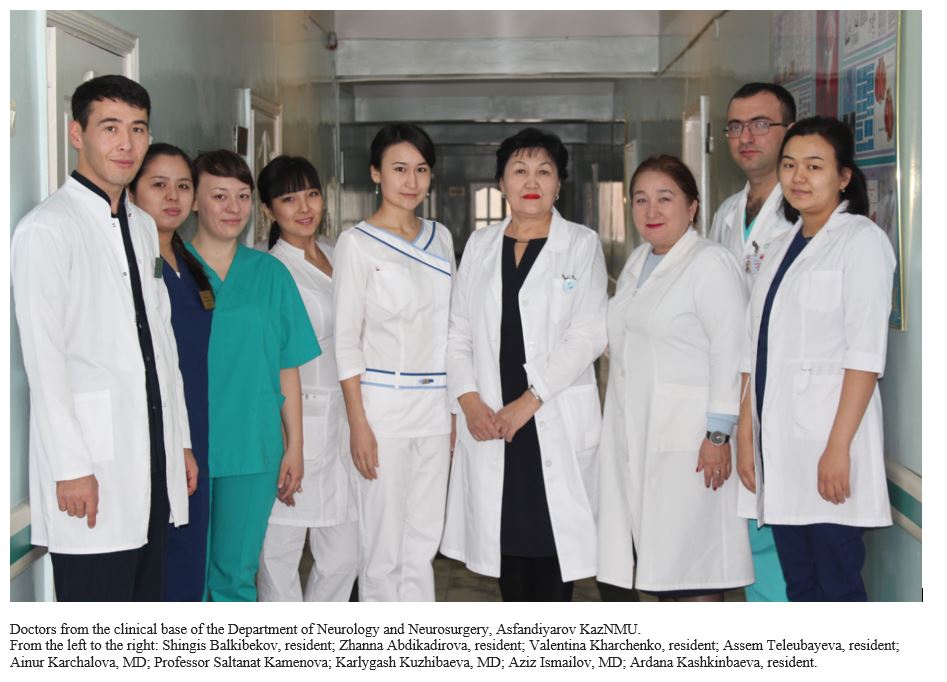
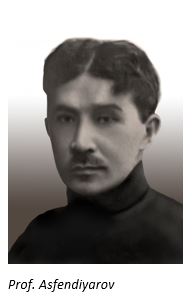 The history of the modern medical education in Kazakhstan has its origins in 1931, when the first Almaty Medical Institute was opened. The first Rector of the institute was Prof. Sanzhar Asfendiyarov, who opened also the departments of General chemistry, Biology, Physics, Anatomy, Physiology of internal diseases, Histology, Microbiology, Pharmacology, Biological chemistry, Hygiene, and Surgery. Prof. Asfendiyarov was instrumental in the field of prevention of infectious diseases, and for free medical care for the population of the republic. In 1989 the Almaty Medical Institute was named after S. D. Asfendiyarov, and in 2001 the university received the status of the Kazakh National Medical University. Nowadays, the Asfendiyarov KazNMU is one of the largest medical universities of the country. Education in the University is conducted in three languages: Kazakh, Russian, and English. Along with the citizens of the Republic of Kazakhstan, foreign citizens from India, Japan, Afghanistan, Tajikistan, Belarus, Kyrgyzstan, Russia, Uzbekistan, Turkmenistan, China, Israel, Mongolia, Pakistan, South Korea, Moldova, Georgia, and Palestine are studying in the Asfendiyarov KazNMU university.
The history of the modern medical education in Kazakhstan has its origins in 1931, when the first Almaty Medical Institute was opened. The first Rector of the institute was Prof. Sanzhar Asfendiyarov, who opened also the departments of General chemistry, Biology, Physics, Anatomy, Physiology of internal diseases, Histology, Microbiology, Pharmacology, Biological chemistry, Hygiene, and Surgery. Prof. Asfendiyarov was instrumental in the field of prevention of infectious diseases, and for free medical care for the population of the republic. In 1989 the Almaty Medical Institute was named after S. D. Asfendiyarov, and in 2001 the university received the status of the Kazakh National Medical University. Nowadays, the Asfendiyarov KazNMU is one of the largest medical universities of the country. Education in the University is conducted in three languages: Kazakh, Russian, and English. Along with the citizens of the Republic of Kazakhstan, foreign citizens from India, Japan, Afghanistan, Tajikistan, Belarus, Kyrgyzstan, Russia, Uzbekistan, Turkmenistan, China, Israel, Mongolia, Pakistan, South Korea, Moldova, Georgia, and Palestine are studying in the Asfendiyarov KazNMU university.
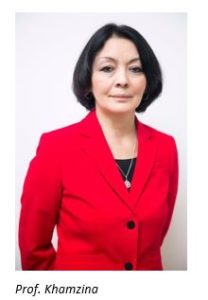 The residency program in neurology includes 2 years of training. During these two years, students receive a comprehensive body of knowledge and skills in neurology and related disciplines.
The residency program in neurology includes 2 years of training. During these two years, students receive a comprehensive body of knowledge and skills in neurology and related disciplines.
The Kazakhstan National Association of Neurologists “Neuroscience” was established in 2015. The founders of the organization are neurologists belonging to different regions of Kazakhstan. The first president of the association is Prof. Saltanat Kamenova. She has extensive working and teaching experience, being well respected by his colleagues. Currently, the society includes 400 members from different regions of Kazakhstan, 85% of them being women. We are very proud of the fact that, although very young, our Association has declared itself as a professional community of neurologists. We organize several workshops, seminars, forums, congresses and conferences for neurologists from all over Kazakhstan. We are also participating to the drafting of the Republican clinical protocols on nervous diseases for the Ministry of Health and Social Development of the Republic of Kazakhstan.
Why should you come to Kazakhstan? Because Kazakhstan is a country that looks to the future, rich of cultural traditions and with a huge creative potential in the nowadays dynamic world. On December 16, 2016 Kazakhstan celebrated the 25th anniversary of its independence. We will never forget our roots, we will remember all the milestones of our history, and honor the culture and traditions of our ancestors. We are an ambitious young country, ready for cooperation in political, economic, social, and public domains. We are ready to support our youngest generations to build with hope the future of Kazakhstan!
Aida Kondybayeva, MD, Institutional Delegate at EAN from Kazakhstan on behalf of the KNANN (Kazakhstan National Association of Neurologists “Neuroscience”)







